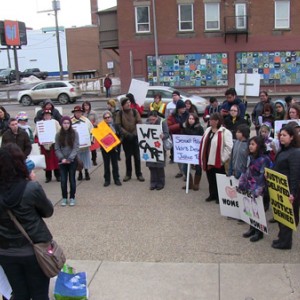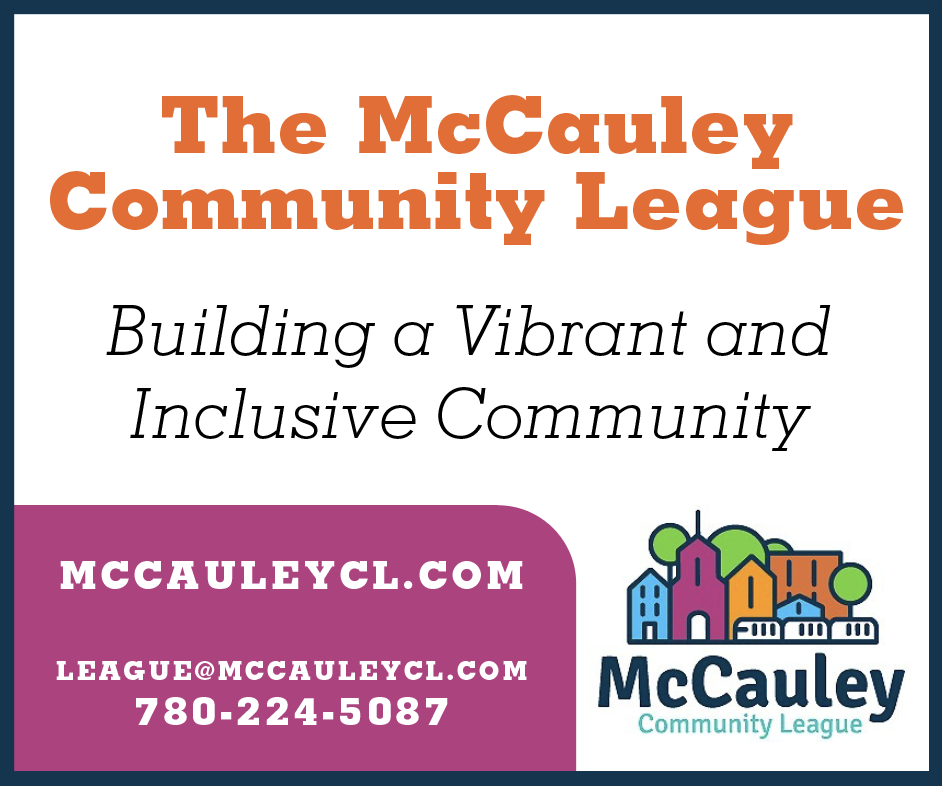Planning for Dilemmas: Personal Directives
Over the Christmas holidays we visited with my in-laws. We had previously discussed with them the need for a personal directive and we did again on this trip. A personal directive is a legal document which ensures that in the event of ill health your wishes for treatment are written and known. A personal directive lets you choose another person, usually your spouse, sibling, or child, to act on your behalf when you are unable to make decisions for yourself. A health crisis for seniors is typically an event such as a stroke or heart attack.
In a bygone era, when medical interventions were limited, the need for individual and personal decisions about medical intervening was perhaps less important. In that bygone era, there was little to be done but to make the critically ill comfortable. Now with new aggressive medical intervention, having a personal directive is very important.
Bless doctors, for they do miracles sometimes. Their training and professional ethics require them to do everything possible to sustain life. Heart doctors are particularly aggressive in their treatment because they are now able to perform miracles unheard of previously. They push boundaries. I am thankful for that because they gave my 62 year old cousin several bypasses which saved his life. I did not want the same for my 92 year old mother (and nor did she). Thus it is necessary to have a personal directive so we (my sister and I) could limit her treatments as she wished.
Everyone, no matter their age, should have a signed personal directive in place. We can never know when an accident is going to occur. We can never know when we are going to slip on the ice or be hit by a speeding car and suffer head injury rendering us unable to make decisions, as happened recently with the son of a friend of mine. We cannot predict these issues. For seniors, it is even more important: bouts of ill health are inevitable and during these episodes the individual may or may not be conscious enough to direct their medical care.
If others are to be able to make decisions then a personal directive is a must. A personal directive gives them authority to act. In other words, it gives them the authority to say yes or no to interventions which may or may not save a life and which may cause other issues. Most of us do not want to live if we cannot have a good quality of life.
As with my father-in-law, avoiding talking about declining health and potential life threatening issues is not always easy. But failure to plan and get a directive in place means the medical decisions made may not be the desired decisions. Having the right documents in place means our family or friends can direct the decisions we want.
A personal directive is not a document which gives anyone permission to tell us what to do when we are healthy and alert. It also does not have anything to do with money: it is about our life. A doctor or other health care provider has to declare us incompetent before anyone can make decisions about us. But when we are injured and not aware, this document gives someone you trust permission to make critical decisions with the doctors.
If you don’t have a personal directive in place, get one from humanservices.alberta.ca/guardianship-trusteeship/opg-personal-directives.html or call the office of the Public Guardian at 1-877-427-4525. Discuss your wishes with someone you trust.
Happily, my in-laws did get a personal directive signed. Once my father-in-law understood the need for a personal directive he was able to overcome his fears. We are grateful just as your family will be when you have one in place.









